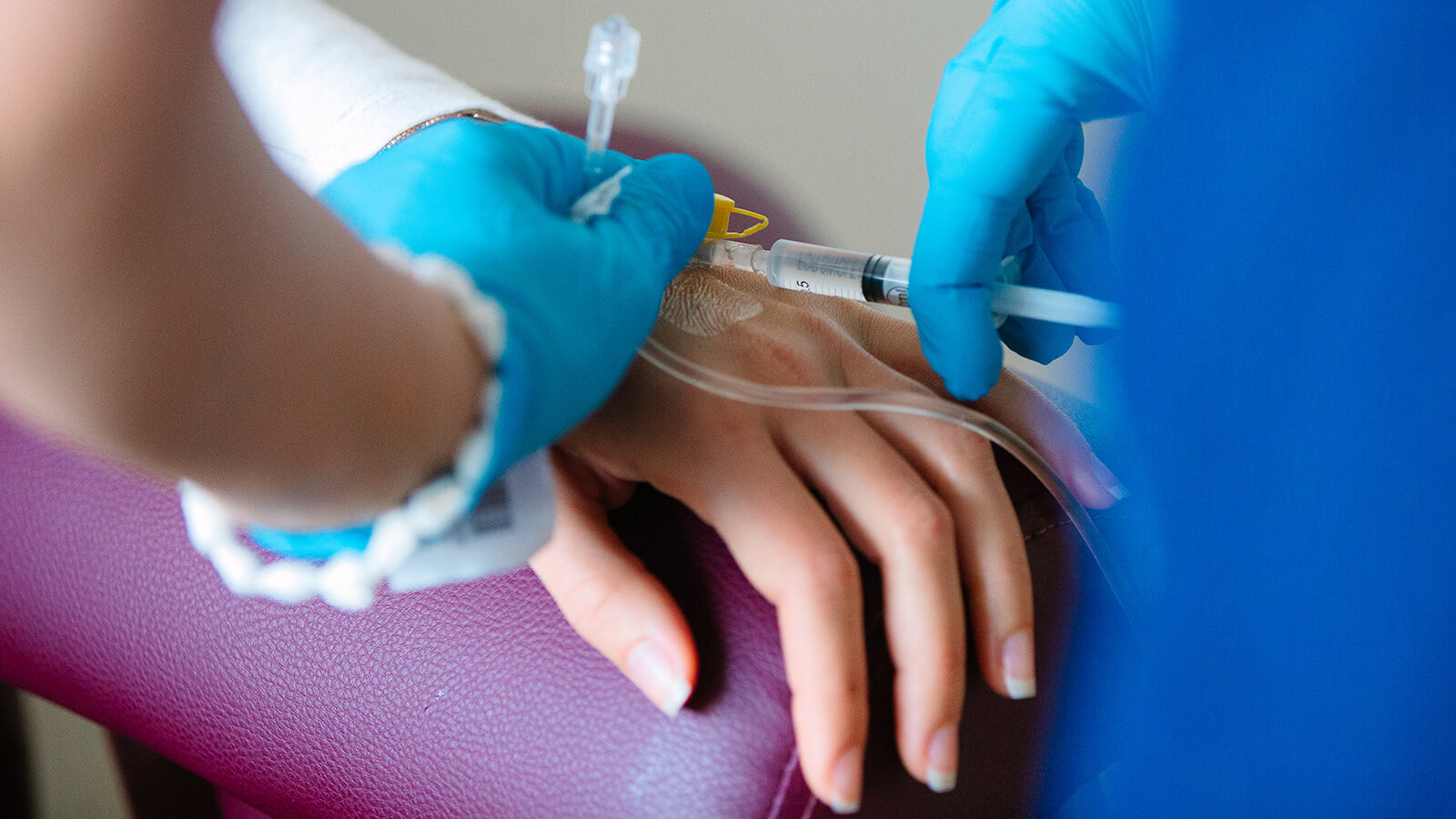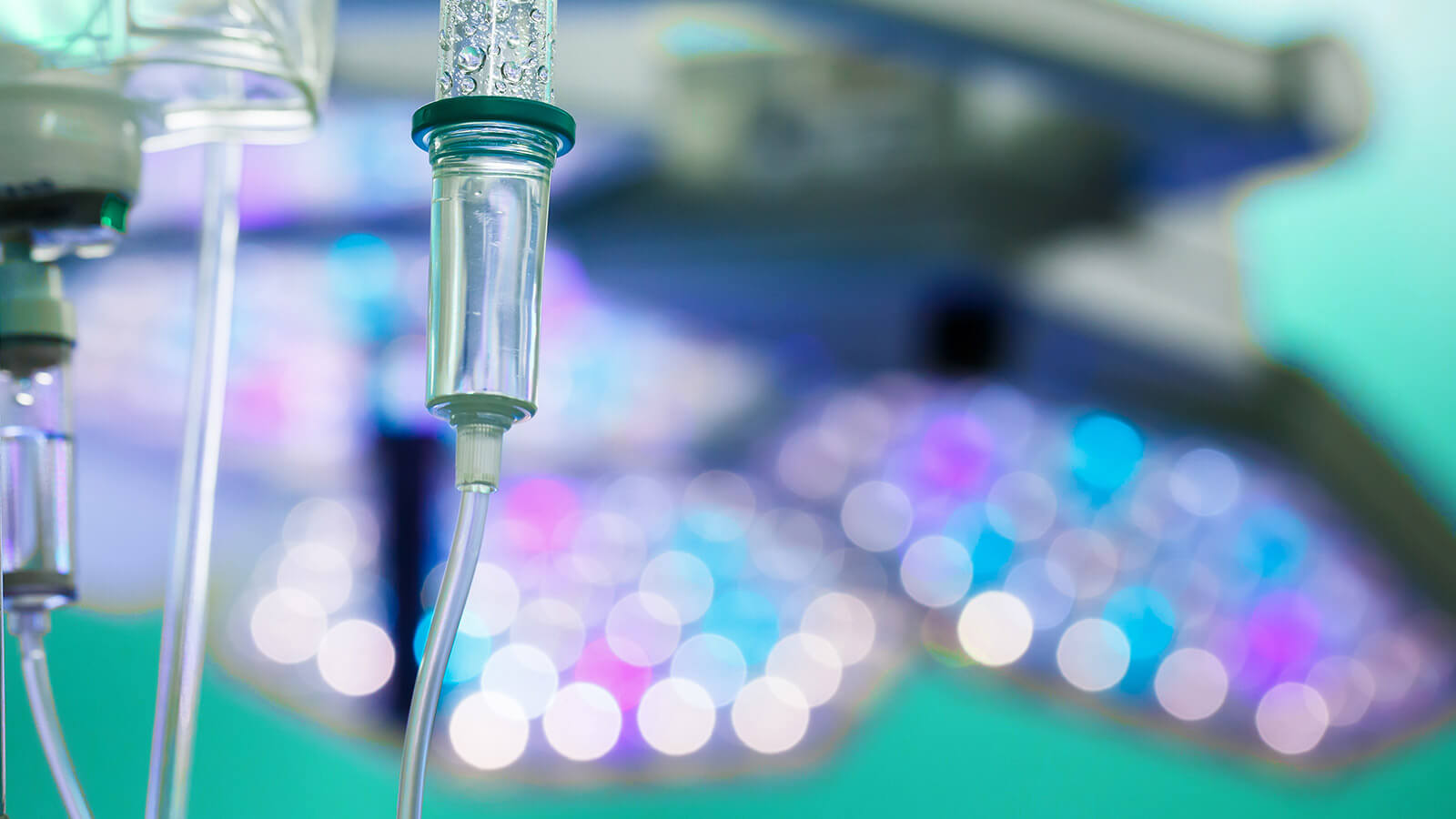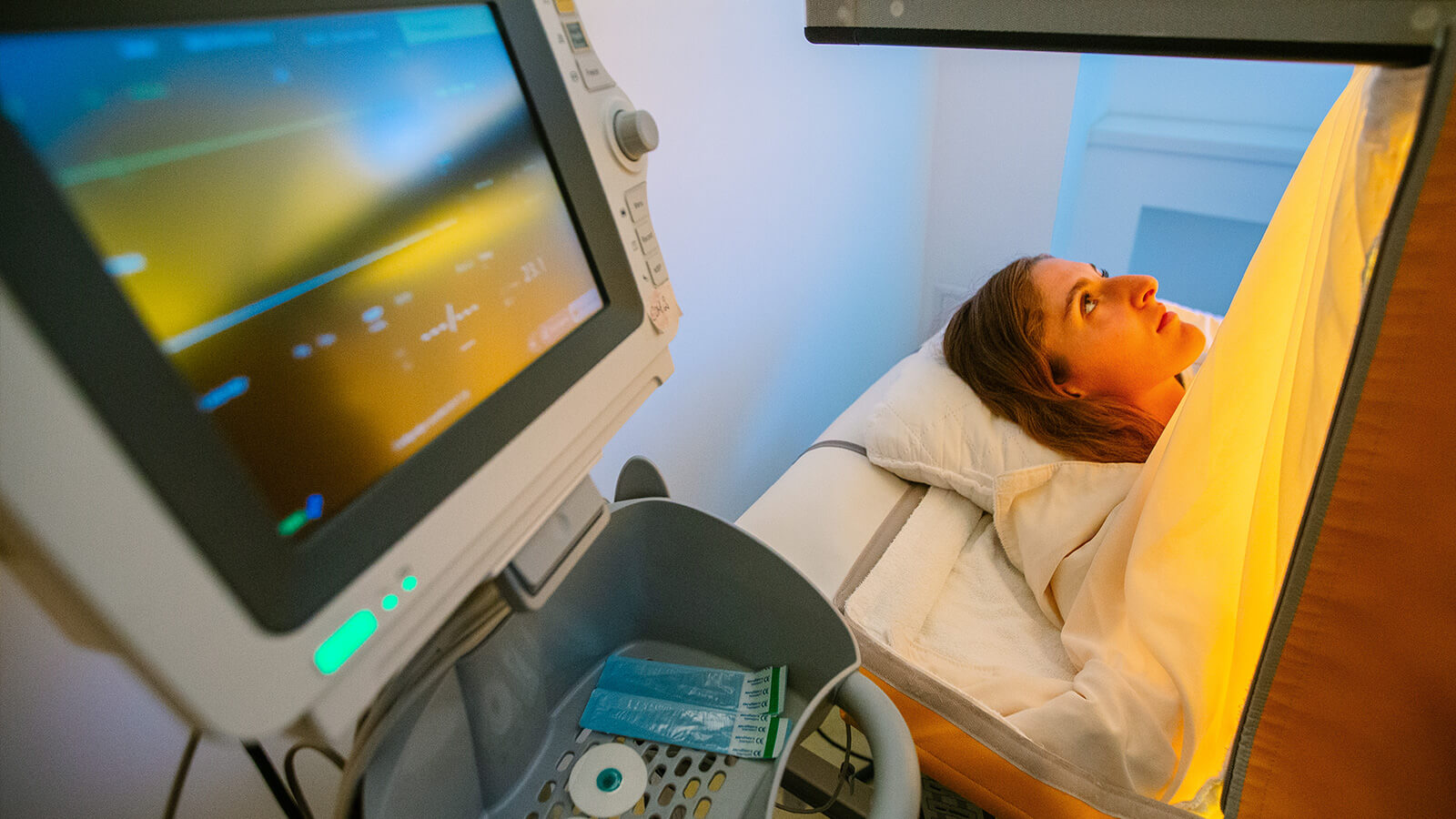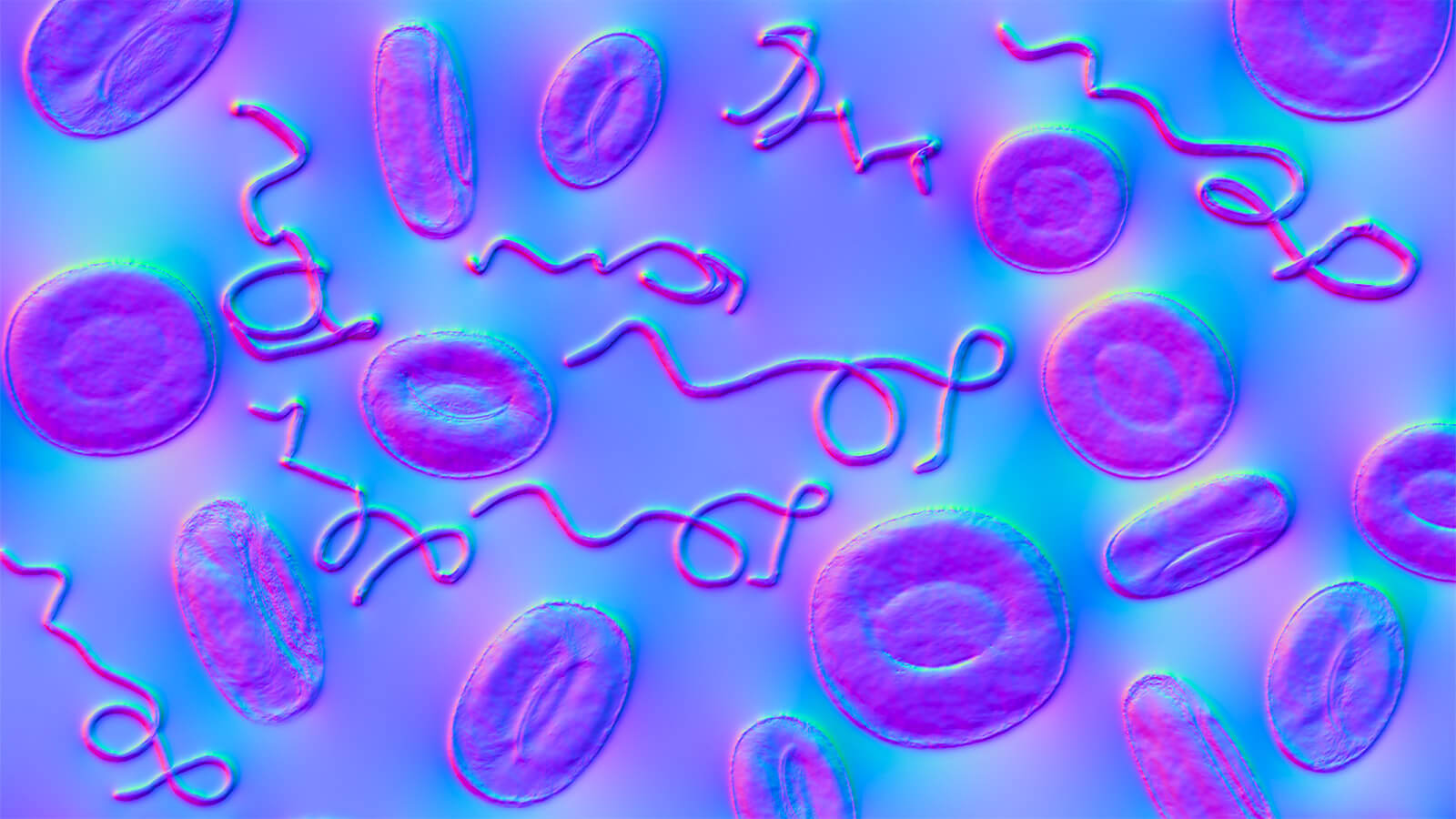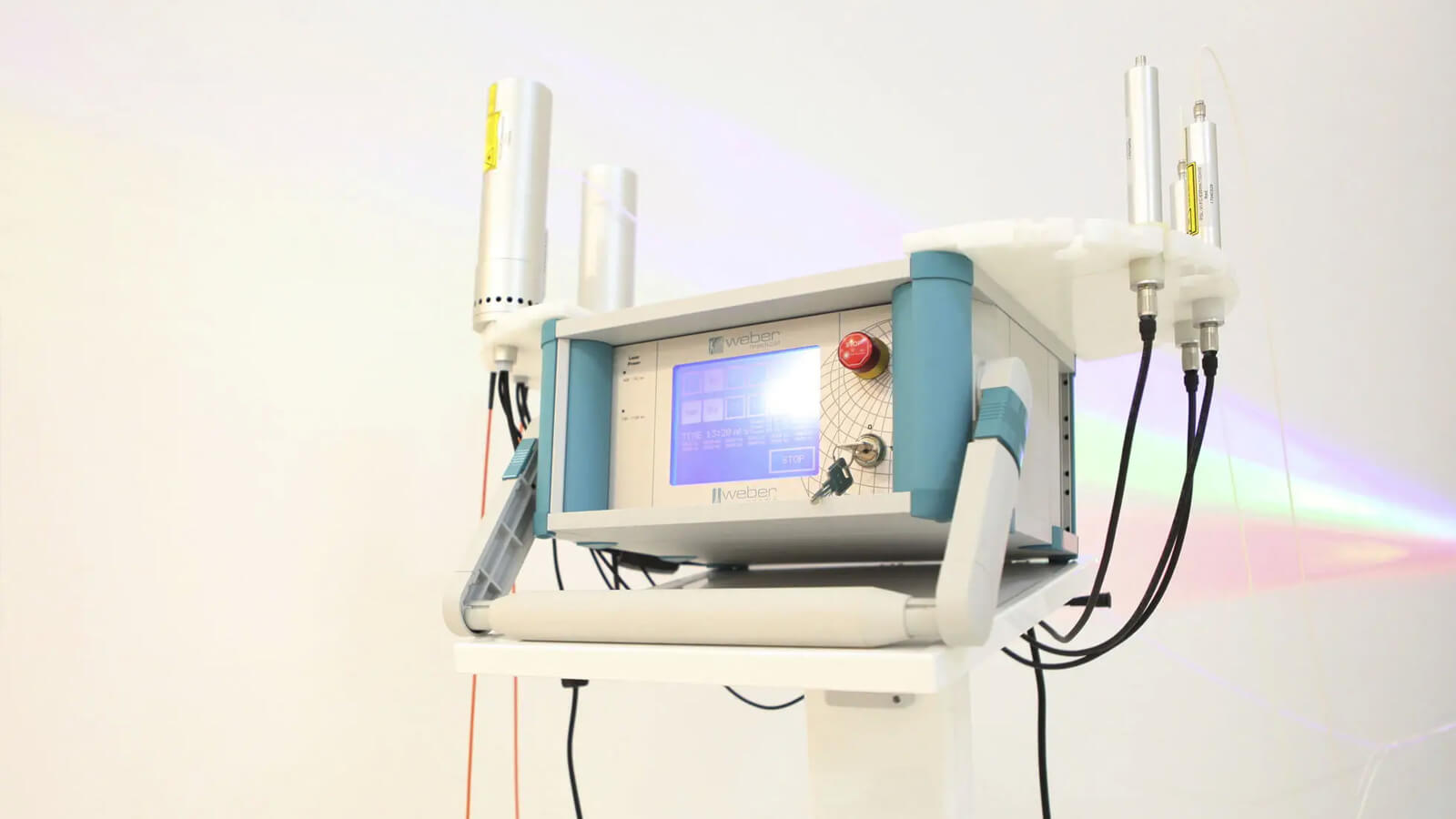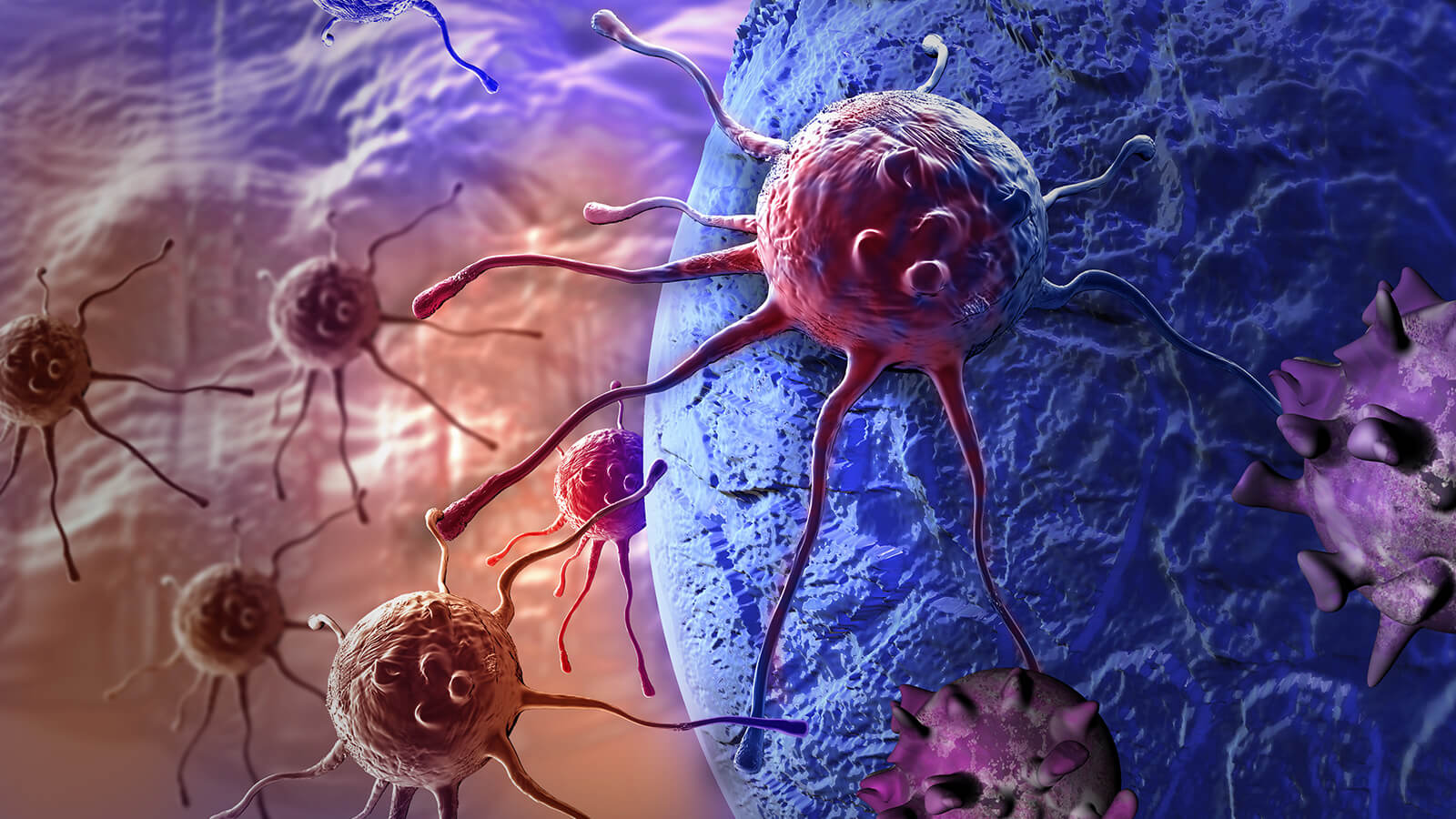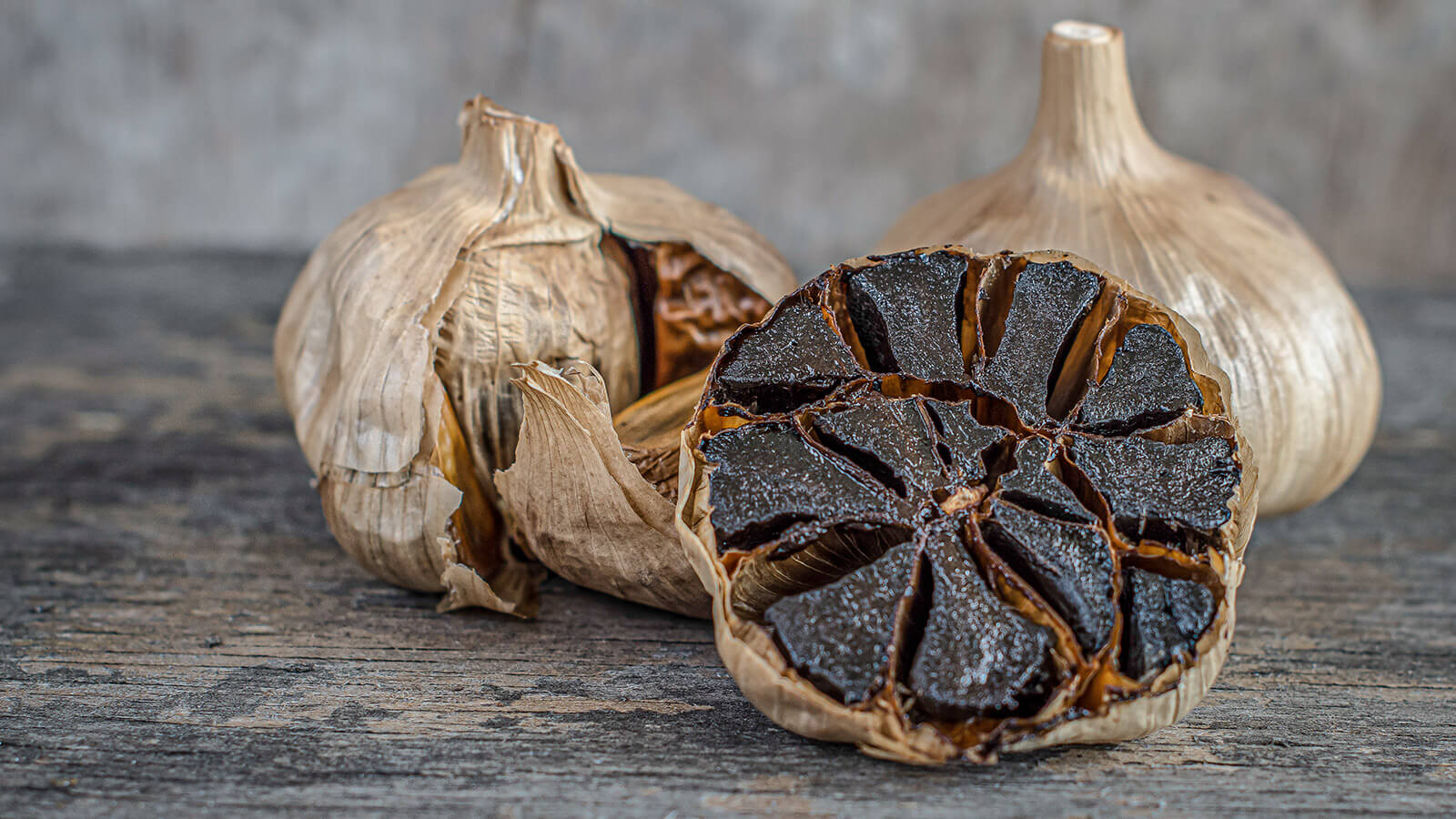
Amygdalin in cancer
Amygdalin, laetrile, and vitamin B17 all refer to the same substance present in the seeds of many fruits and plants. Hydrogen cyanide is considered the main anti-tumour compound derived from amygdalin, when released in situ.
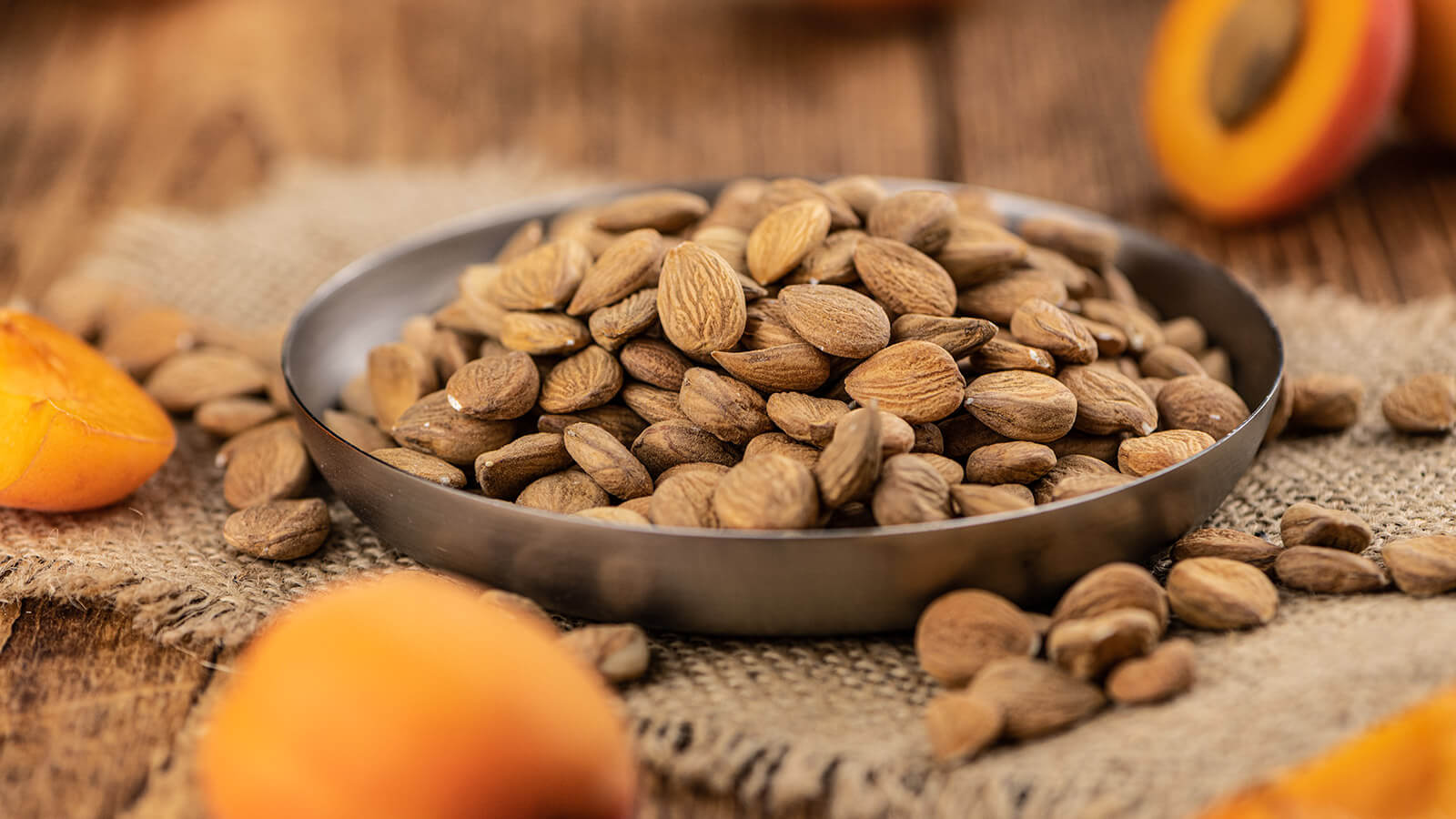
Typically, amygdalin is an extract derived from apricot kernels.
After being found in Germany, amygdalin was initially utilized as an alternative cancer treatment in Russia in1845, and then in the United States in the 1920s. The proponents of this type of treatment noted that the cyanide released from amygdalin selectively kills cancer cells while sparing healthy tissue cells.
In the United States, amygdalin was administered in pill form, but the formulation was deemed too toxic and the therapy was subsequently abandoned.

In the 1950s, a non-toxic intravenous form of amygdalin was patented under the name Laetrile.
Laetrile became increasingly popular as an antitumor agent in the United States during the 1970s, with over 70,000 people treated in 1978.
Laetrile was utilized as a single agent and in various combinations in cancer treatment programs that included specialized diets, high-dose vitamins, and pancreatic enzymes.
Amygdalin has been tested in the laboratory on animal cell lines and animal models, and afterwards on human individuals, to determine its specific antitumor properties.
Antitumoral effect
Recent studies have found that amygdalin may have important antitumoral effects.
Amygdalin suppresses the tumor-inhibiting function of Epstein-Barr virus in animals.
Research in human prostate cancer cell lines (DU145 and LNCaP)
has shown that amygdalin increases expression of pro-apoptotic Bax protein and caspase-3 enzyme activity, while decreasing expression of anti-apoptotic Bcl-2 protein. To be more specific, amygdalin exhibits cytotoxicity on tumor cells at high concentrations. Furthermore, it induces morphological apoptotic alterations in these cells as well as a decrease in DNA integrity.
The activity of the anti-apoptotic protein Bcl-2
is known to contribute to neoplastic progression by increasing tumor cell survival due to the inhibition of apoptotic processes. Prostate cancer has been linked to Bcl-2 overexpression, with higher amounts of the protein being detected in the early stages of these malignancies. Depending on the dose, amygdalin suppresses Bcl-2 mRNA expression, consequently controlling Bcl-2 protein expression in prostate cancer cells. Numerous investigations in tumor cell lines have found that overexpression of Bax proteins induces cytochrome c release, caspase activation, and tumor cell apoptosis.
Caspase-3 protein activation
results in morphological alterations that are typical of apoptosis. Caspase cuts through the specific substrate, triggering a cascade of reactions that culminate in DNA destruction. Administration of amygdalin enhanced caspase-3 enzyme activity in tumor cell lines, enabling an apoptotic anticancer effect in these cells.
The effectiveness of this treatment for colon cancer
has also been demonstrated by the fact that amygdalin controls the activity of genes involved in the cell cycle in human SNU-C4 colon cancer cell lines, by inhibiting tumor cell growth.
Results from an in vitro study on bladder cancer cell lines
suggest that amygdalin can inhibit the growth and proliferation of tumour cells by decreasing the activity of cdk2 and cyclin A proteins, which are involved in the cell cycle. It can also induce the expression of follistatin, a cell growth regulatory protein in human human liver carcinoma HepG2 cells.
There are various antitumor pathways that amygdalin may imprint, according to the literature.
Thus, amygdalin can be preferentially broken down by beta-glucosidase, a substance common in cancer cells, resulting in the production of the cytotoxic molecule cyanide. Amygdalin also enhances the activity of pancreatic enzymes, which help to prevent cells from becoming cancerous. Amygdalin can also correct vitamin deficiencies, which contribute to metabolic comorbidities in cancer patients. Studies especially show its immunostimulatory effect, with the production of antitumor compounds in patients with prostate cancer.
The medical
procedure
Amygdalin can be administered intravenously, or as tablets or lotions.
Parenteral administration has fewer side effects than oral administration, though. This is due to the fact that bacteria in the digestive tract and enzymes in the food consumed break down amygdalin and release cyanide much faster than when it is injected.
Benefits
Treatment with laetrile (amygdalin or vitamin B17) is one of the most popular and well-known alternative cancer treatments.
Once inside the body, amygdalin is metabolised to cyanide and benzaldehyde, which are two compounds with selective cytotoxic action. Tests in animal models have shown that healthy cells are able to convert toxic cyanide into harmless thiocyanate with the help of the enzyme sulfotransferase.
Amygdalin has anti-inflammatory effects by promoting the immunomodulatory function of regulatory T cells. In animal model studies, amygdalin inhibited prostaglandin E synthesis and nitric oxide production by inhibiting COX-2 and iNOS activity. The pain-relieving effect is due to the inhibition of tumor necrosis factor alpha (TNF-alpha) and interleukin-1β (IL-1β) activity.
Amygdalin exerts neurotrophic effects through activation of ERK ½ (extracellular signal-regulated) kinase.
Adverse effects
and contraindications
- Cyanide is a neurotoxin that, in high enough concentrations, can cause nausea, vomiting, headache, dizziness, cyanosis (skin discoloration), liver damage, and hypotension.
- Compared to intravenous administration, oral administration may be more burdened by side effects. Concurrent administration of almonds or fruit kernels, or consumption of fruits or vegetables containing beta-glucosidase (e.g., celery, peaches, bean sprouts, carrots), may potentate these side effects.
- Proteolytic or probiotic enzymes shouldn't be taken with amygdalin because the latter could result in an increase in the amount of free cyanide and amplified side effects.
- In the case of oral administration of amygdalin, certain foods that already contain this compound should be avoided: raw almonds, carrots, celery, apricots, peaches, bean sprouts, mung beans, lima beans, walnuts, linseed. Additionally, taking amygdalin while suffering from liver disease is not advised.
The therapeutic solutions we provide
Comprise a wide range of conventional, adjuvant and supportive therapies, which integrate medical concepts that have been built on a sturdy scientific basis and on the clinical experience of numerous cancer specialists worldwide.
ImunoMedica patients have access to the latest diagnostic tools, technologies and innovations as well as to the latest and best treatments available, as soon as these are proven to be safe and effective.
How can you become a patient of our clinic?
Throughout the whole process, from your initial contact, through treatment and after you leave our clinic, our patient coordinators will guide you through the steps and support you with all their expertise, attention and kindness.
*
We are here to help you
Our patient coordinator will contact you soon
Phone: +40.771.518.946, e-mail: office@imuno-medica.ro

